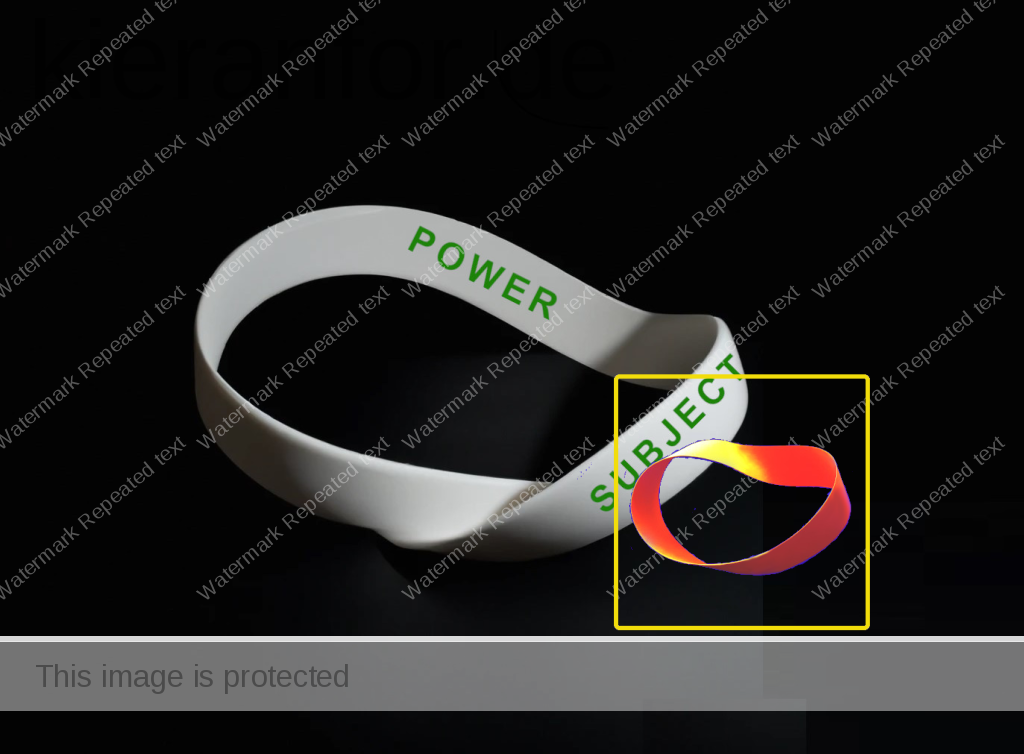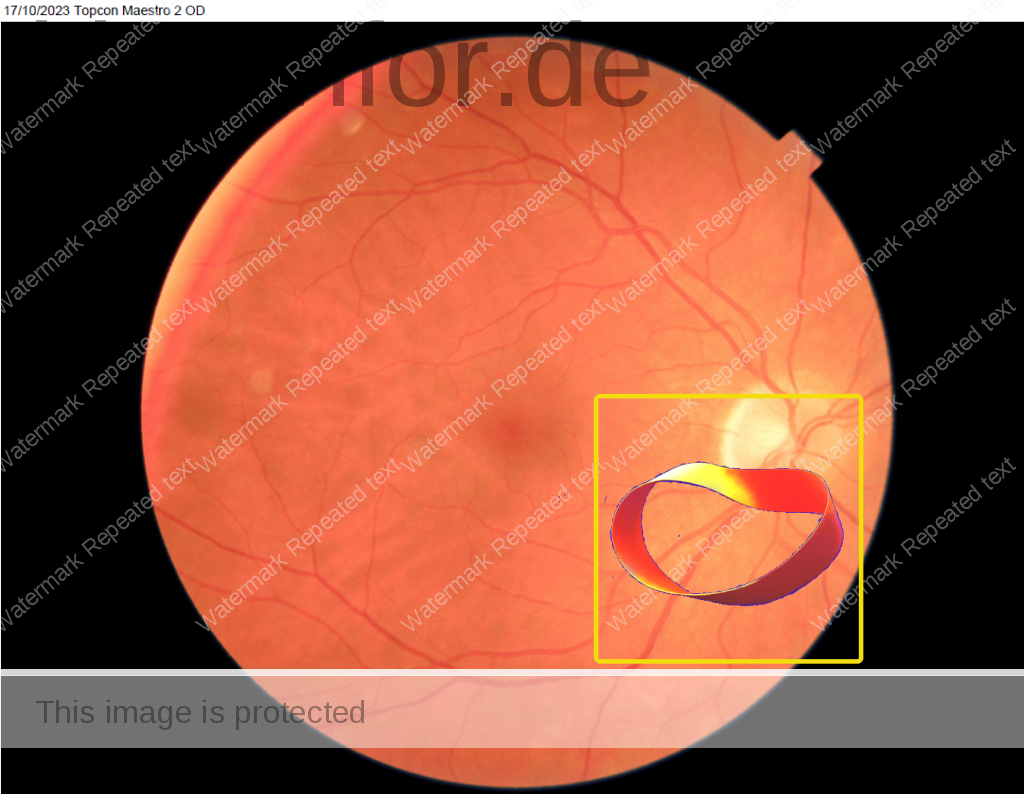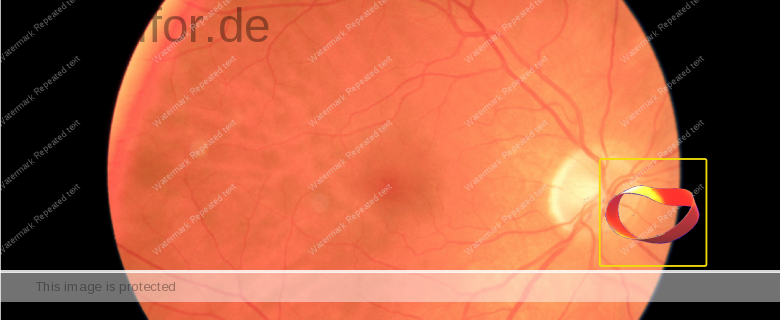Header image: KF OCT image
I went for an eye test yesterday and they took an Optical coherence tomography image of my corneas. It reminded me of this piece that I wrote a while back. It’s not complete yet, but there’s something in it that draws me back to the ideas quite frequently.
╬╬╬╬╬╬╬╬╬╬╬╬
We know that under low-light levels, foveal vision (that is, looking directly at an object) is relatively weak because the photoreceptors in our eye that react best to dim light (rod cells) are primarily located in our retina’s periphery. Because of this, when trying to look at something in low-light conditions, we need to use our peripheral vision in order to more clearly see what is before us. This technique of averted vision is commonly used by astronomers, pilots, soldiers, and others who often need to see in low-light conditions. Under these circumstances, the best way to see what is ahead is not to look directly ahead, but to trust our less focused, but more sensitive, averted vision. This kind of counterintuitive explanation fits well with my understanding of Butler’s conception of the emergence of the subject.
In order to move toward mastery – as I see it, an agentic subjective formation – it is necessary to “avert our gaze” and approach our object obliquely, in submission to the requirements that seem to run counter to our purpose. In essence, in order to make our way through the “darkness” of our formation, we must submit to the disciplinary power that directs our gaze and “face forward” as required, as it is only by doing so that we can, through our averted vision, see and navigate our own path. There is a symbiosis in this dual-vision that allows for a co-creation of subjectivity through a kind of subversive side-effect of submission.
Another interesting point about the physiology of the eye is that, because there are few cone cells (those that detect color) in the periphery of the retina, the color that we “see” in our peripheral vision is actually provided by our brains filling in the gaps between these dispersed cone cells. In essence, while our peripheral vision is “colored” by what is in front of us, this only represents a “best guess” rather than a focused and clear color representation. In this way, I think of our subjectivity being colored, to a degree, by the powers we are subject to, but in the periphery of our understanding and formation where no such color exists. The central power merely gives the impression of color – as if the canvas were already covered – whereas, in fact, these colors are only placeholders that do not represent or limit our own subjectivity.
In addition, I also think of how we avert our gaze in other situations out of respect, fear, or deference. As well as being more sensitive to light and dark changes, our rod cells are more sensitive to movement. In a situation where it might be more prudent/polite to avert our gaze (from, say, an elder, a bear, or a king [or a God]), we do so in the knowledge that “avoiding direct eye contact” may offer protection by way of allowing us to see what the object before us is doing rather than how it looks.
Finally, I am conscious my use of the word mastery above might be problematic. I use it intentionally as it was the duality of mystery/mastery that was the focus of my writing for Pinar’s class on George Grant. For me, it seems that there is a similarity here with my understanding of Butler’s view of subjectivity.
- I believe humility to be a pre-condition for teaching and learning. Deference to an authority figure (teacher/parent) might have some similarities to humility, but it is extrinsic in nature and represents a submission of the self. In contrast, though true humility is also a submission, it is intrinsic in nature (a submission to the self) as it requires that we recognize our own humanity and, at least, the possibility that a higher power (an order beyond ourselves) exists.
- Living in humility with the mystery of the higher power, coupled with self-work involved in moving toward (but never reaching) mastery, seems to be similar to this subjective formation that comes about through a simultaneous submission to and resistance of the power that acts upon us as subjects.



